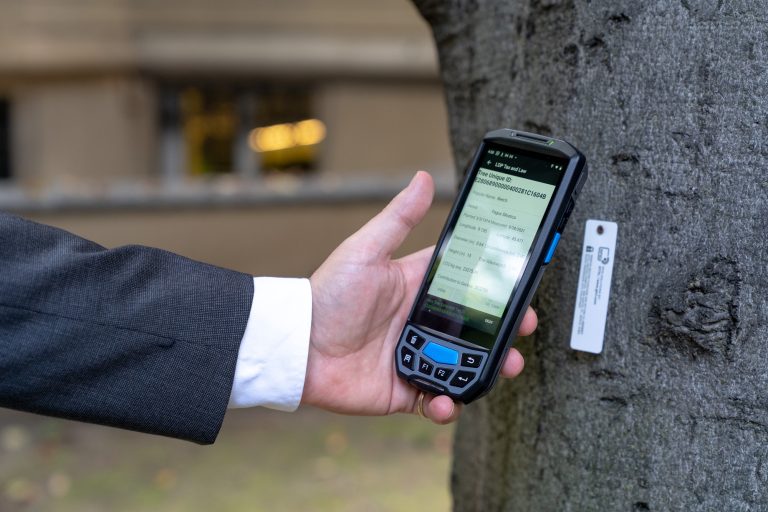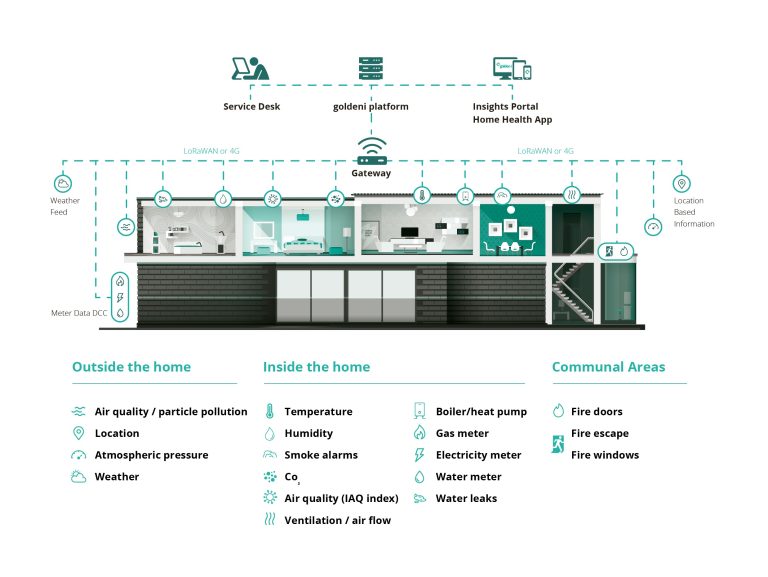Flutter is a software development kit (SDK) that was developed by Google. Like React Native, it is used for the development of cross-platform mobile and desktop apps. Since the update in March 2021, Flutter supports not only iOS and Android, but also Linux, Windows, macOS, and the web. In such a way, you need only one codebase to develop an app for all of these platforms. The flexibility of Flutter makes it comfortable for developers to make these apps and minimizes the need to implement specific adaptations for these platforms. If you are interested in a cross-platform solution for your business, opt for Flutter app development services by OTAKOYI. The reasons to choose Flutter The popularity of Flutter has grown considerably in the last few years. Alibaba, Alidrop, Square, eBay, and last but not least Google — all of them use Flutter.” Here is why they use it: Cross-platform development In case you need to develop an app, traditionally, you hire a team of developers for each of the platforms. For instance, in case you need an app for iOS and Android, you would hire two teams of native developers. However, if you use Flutter, you will only need one team. Moreover, you will need twice fewer QA specialists. Furthermore, Flutter’s customizable widgets will reduce the need for a number of designers involved. Thus, Flutter will help you save a lot of money, which is especially important if you use it for MVP or a startup. Developer Experience The term “User Experience” is widely known, but how about Developer Experience? The thing is that the process of coding is very complicated. Therefore, whenever it is possible to facilitate the work of your development team, you should do it. Consequently, your software will be deployed faster as well as the process of work will be less stressful. One of the examples may be the Hot Reload function. Instead of time-consuming and problematic compilation, Hot Reload allows changing the code on the fly without reloading or other manipulations. Advanced Performance Flutter apps generally work better than, for instance, apps made with React Native. It is due to the JavaScript bridge of React Native. It is a useful instrument, but it may slow down the work of an application. Helpful Community The community of Flutter is growing constantly. There are a lot of enthusiasts that will answer your questions, help you solve different sorts of problems, and help you learn Flutter better. Together with that, since Flutter is open-source, you can find a lot of libraries and other free content to complement your software. Google’s Support Another fact that increases Flutter’s credibility is Google’s support. Since Flutter is Google’s development, it is connected to its products. For instance, this may sound obvious, but Flutter’s widgets correspond to the standard that was developed by Google. This example illustrates the intention of the company to develop instruments that are compatible with each other, and since Google is one of the companies that dominate the market, it would be wise to use an instrument that is compatible with almost everything. Also, there is a lot of documentation and learning materials provided by Google. Flutter Development Cost Generally, the price for an app made with Flutter is lower than an app made with the other frameworks, but in fact, the other factors can influence the price of Flutter-made applications. Functionality and complexity This factor is obvious because the more complex is in an application, the more work it requires. As a consequence, it affects the price. Moreover, the price may be increased with the integration of third-party tools or other changes. Developers’ location The wages vary from country to country. North American developers have the highest rates. The devs from Western Europe and Australia would also be expensive. The cheaper alternative would be East Asia or India, but there is a tendency that the quality of code would be much worse. However, there is a possibility to save money without losing the quality. For this purpose, you may hire a development team from Eastern Europe, namely Ukraine, a country where the popularity of professions associated with IT has grown greatly recently. Thus, there are a lot of good specialists available for outsourcing or outstaffing. Design Usually, design is what influences the price of an app greatly. However, as far as the UI is concerned, Flutter decreases the price for design due to its widgets. They cover the standard elements of the UI as well as provide you with the possibility to create and customize new ones. Testing and maintenance The cost of testing with Flutter is lower than with native development tools. The thing is that due to a single codebase you have only one team of developers, and therefore there are fewer possibilities to make mistakes or just for a bug to occur. As a consequence, there is a lower need for testers. As for maintenance, there are no such things that would affect the budget negatively, compared to the other development tools. The thing is that whenever there is an update in Android or iOS, the new content is also added to Flutter, but with a little delay (up to 1-2 weeks). In case is you are worried about whether your users feel the difference between your Flutter-made app and a native app, the answer would be “no.” It is due to the fact that even native apps require some time for an update and testing. Thus, it will not surprise the customer that your update is not instant. It will just be released a little later. Summary All in all, Flutter makes the lives of developers and business owners easier because it makes the development process more convenient as well as lowers the price for the project. A single codebase is a considerable advantage over native development, which cannot be outweighed by the strengths of native. Flutter is a technology with a future because it has shown a lot of growth in the














